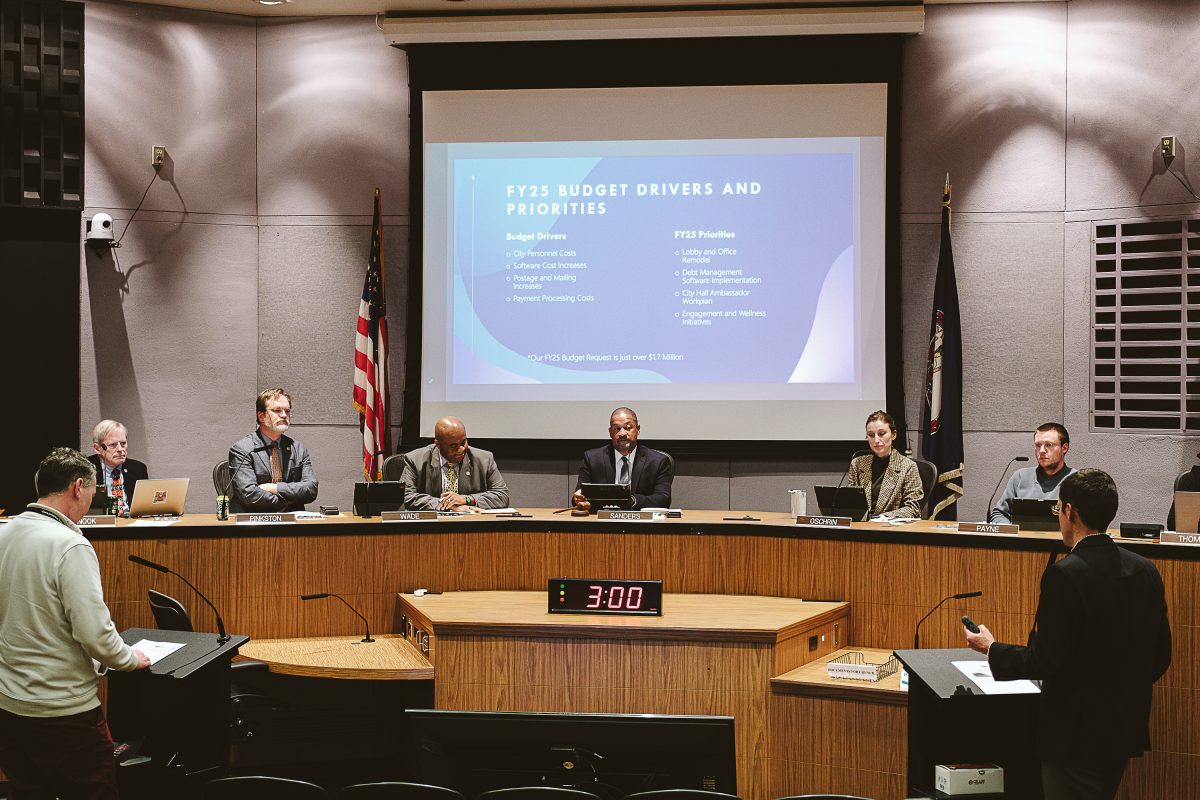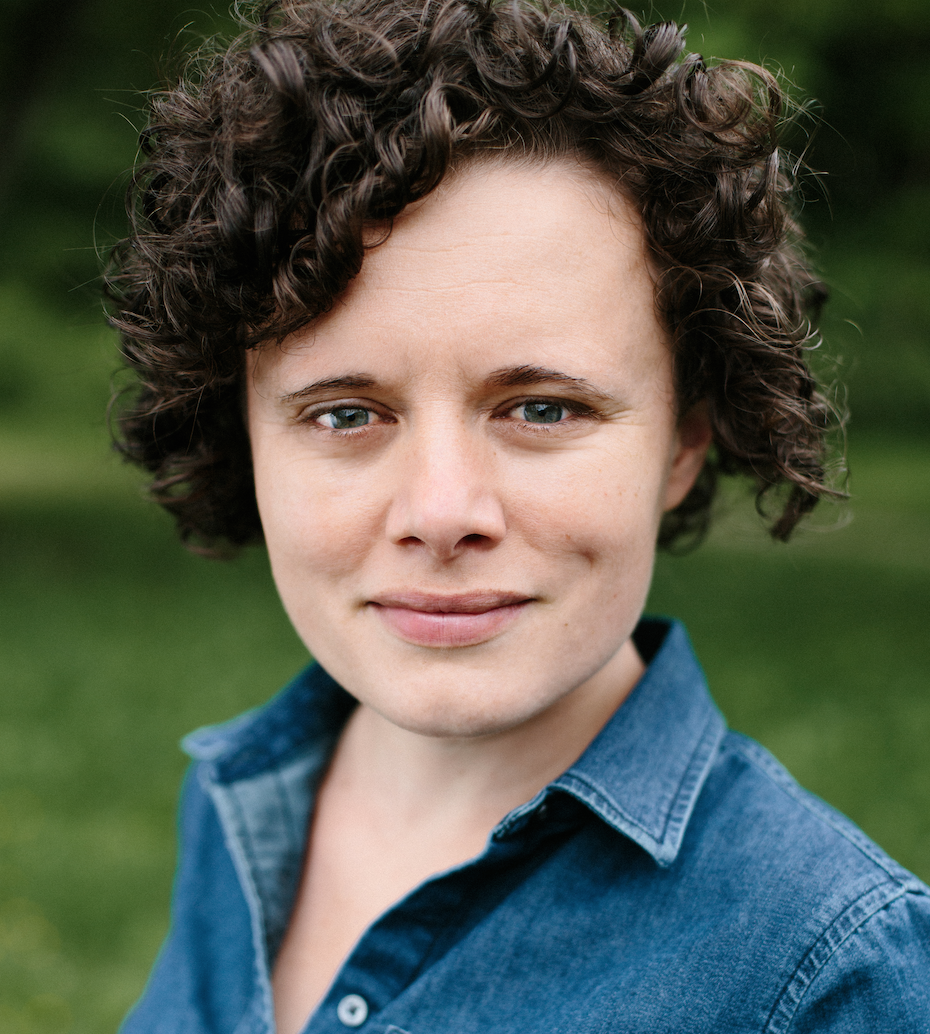At its August 19 meeting, Charlottesville City Council delved into a number of hot-button local issues, including council salaries and ranked-choice voting.
Under new legislation from the Virginia General Assembly, city governments can now vote to increase salaries, with pay limits determined by locality population size.
A proposed salary ordinance would increase councilors’ annual pay from $18,000 to $34,000 and the mayor’s salary from $20,000 to $37,000.
“It seems to me that [this] sends a very unwelcome message to people, and I don’t think it’s a wise idea,” said City Councilor Lloyd Snook. The councilor has been vocal in his opposition to the salary increase, citing the bad optics of raising pay amid continuous tax hikes by the city.
Councilor Natalie Oschrin rebutted Snook, arguing an increase in pay would allow more people the financial opportunity to serve on the council. “I think that’s actually an interesting choice of words, ‘unwelcome,’ when, from our perspective, it would be more welcoming for more people to be able to join this board,” she said.
Councilors at the August 19 city council meeting ultimately voted to increase council salaries effective July 1, 2026 by a vote of 4-1, with Snook the sole dissenting vote. This is the first pay increase for the council since 1996. The next round of city council elections will occur prior to the implementation of the raises.
Moving down the agenda, councilors considered an ordinance adopting ranked-choice voting for the Charlottes—ville City Council’s June 2025 primary elections.
“With our equipment that we have in Charlottesville, [voters] will be able to make up to six rankings for candidates,” said General Registrar and Director of Elections Taylor Yowell.
Two council seats will appear on the ballot next June, meaning candidates need to obtain 33.3 percent of the vote if the ranked-choice system is adopted. The percentage needed to declare a winning candidate or candidates in a ranked-choice election is determined by the number of available seats.
Several community members spoke in favor of the ranked-choice voting ordinance during the community matters portion of the meeting, including former delegate and founder of Ranked Choice Virginia Sally Hudson.
“Charlottesville has a long history of being proud to be a cradle of democracy, and there’s a long history of ranked-choice voting activism in this community,” said Hudson. “Ranked-choice voting started in Charlottesville more than 20 years ago when UVA students first adopted ranked-choice for their student council elections. And while that may not sound like a very big deal, roughly 5,000 students cast their ballots for student council every year on grounds—which is almost as many people who vote in a Charlottesville city council primary.”
Councilors voiced both questions and support for the voting system, but the decision on implementation is still up in the air. The second and final reading of the ranked-choice voting ordinance, along with the council’s vote, is slated to appear on the consent agenda at the next Charlottesville City Council meeting on September 3.
For more information about the ordinances or to watch the full council meeting, visit charlottesville.gov.

